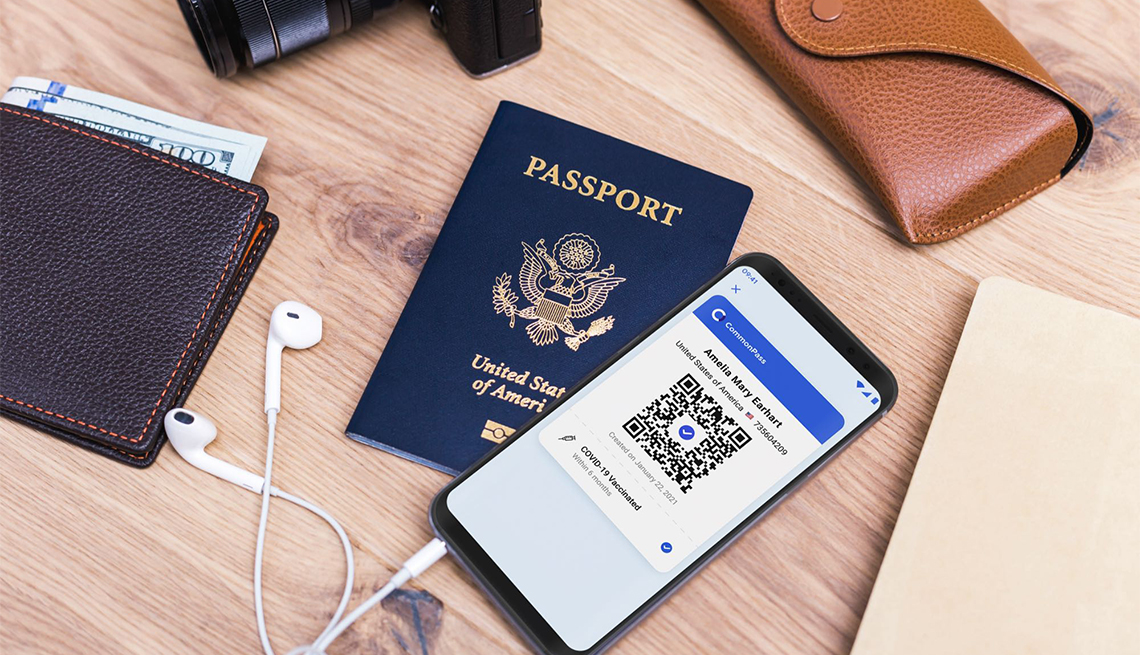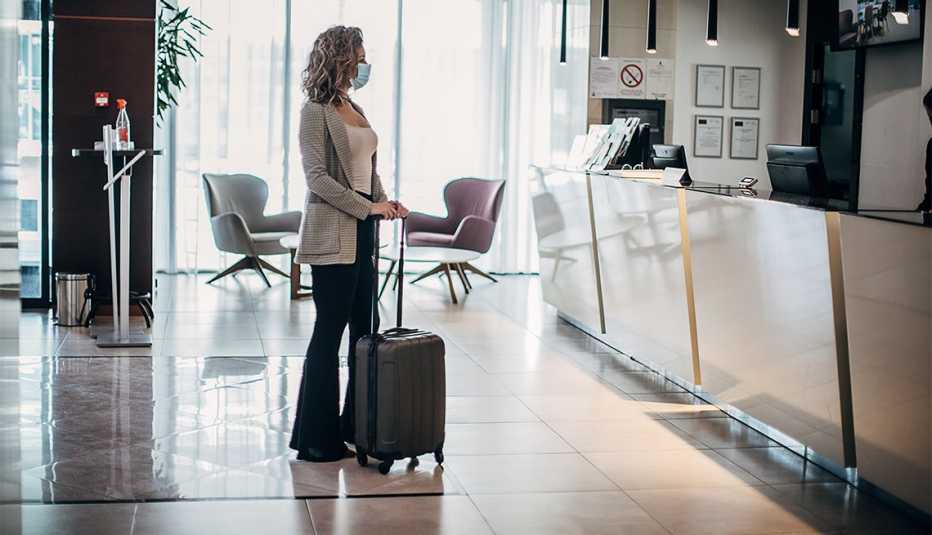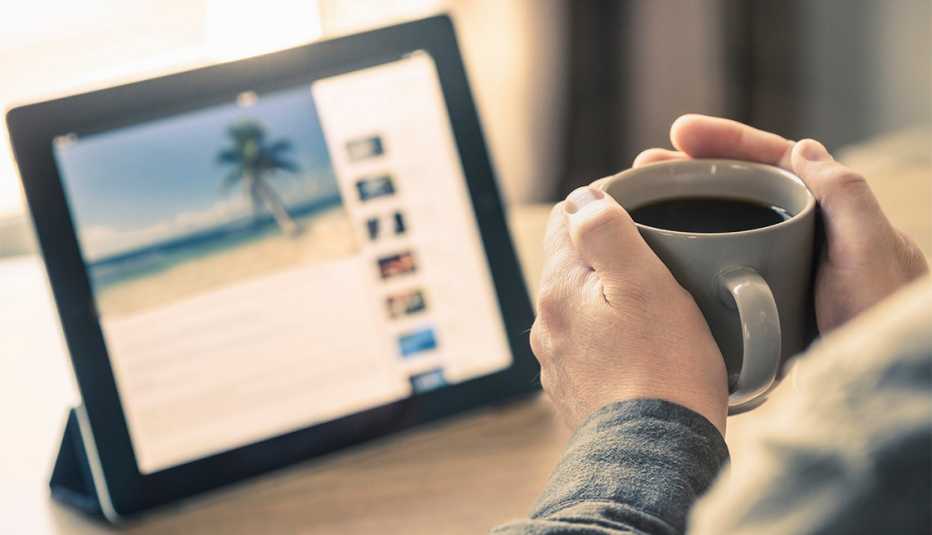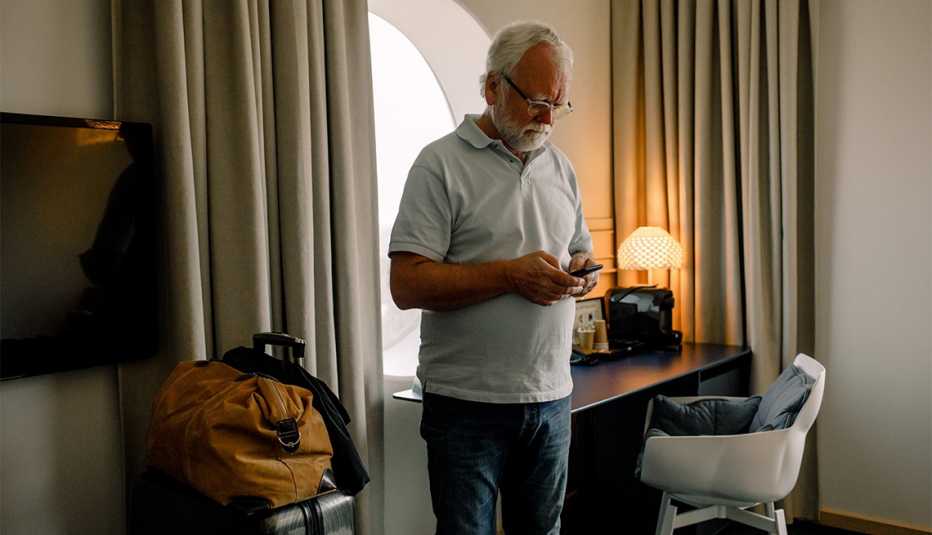Staying Fit
The travel industry — not to mention travelers — are eager for a return to normal so people can once again fly, cruise and road-trip like they did before the pandemic. Now that the COVID-19 vaccine rollout is underway, many are hoping it will be the key to helping us get moving again. Experts offer some answers to the big questions on the vaccines’ likely effect on travel, as well as what won’t change, at least for many months (hint: the need for mask-wearing and other precautions).
Will you need proof of COVID-19 vaccination to fly?
Possibly. Airlines are eager for travelers to be able to avoid quarantine at their destination and for the elimination of blanket travel bans between countries (which will, consequently, help spur air travel’s recovery). Now airlines are also beginning to test digital “health passports” that could reliably prove someone’s negative test results and eventually their vaccination status.


AARP Membership— $12 for your first year when you sign up for Automatic Renewal
Get instant access to members-only products and hundreds of discounts, a free second membership, and a subscription to AARP the Magazine.
They are also able to offer users updated lists of health requirements and alerts for destinations around the world.
The International Air Transport Association is developing a health app, the IATA Travel Pass, that will allow travelers to store verified test or vaccination results on their mobile devices. It’s being tested by more than a dozen international airlines, including Australia’s Qantas and Air New Zealand.
CLEAR, the private prescreening program that allows its members to speed through security checkpoints, is collaborating with the creators of a similar app, CommonPass, developed by the nonprofit Commons Project and the World Economic Forum that is establishing a registry of trusted health care providers and a standard format for reporting results. Passengers will be able to take a COVID-19 test at home, send their test to a lab and have their results uploaded to the CommonPass app. A QR code certifying that they’re clear for entry will be scanned upon their arrival. Eventually, it can and presumably will be used to upload vaccination status, serving as a kind of immunity passport.
Qantas, as well as other airlines, including Virgin Atlantic and United, are testing CommonPass as well.
Qantas chief executive Alan Joyce said in November that the airline may make COVID-19 vaccination mandatory for all passengers flying to or from Australia (where long-haul flights are expected to resume in October).
COVID-19 vaccination may not be required to board domestic flights, however; Delta’s CEO, Ed Bastian, told the Today show that may be something exclusive to international travel, “whether the airlines do it or international authorities do it.” Even COVID-19 testing requirements, Bastian said in January, would be burdensome for domestic travel. Alaska Airlines has said it has no plans to require vaccinations and believes that things like universal mask-wearing and planes’ highly efficient HEPA filters are sufficient infection-prevention measures.
But the airline (along with American Airlines and a few others) has just begun using a mobile app called VeriFLY, that works like a health passport, allowing international visitors to verify that they’ve tested negative for COVID-19 — now required of all international airline passengers entering the U.S.


































































